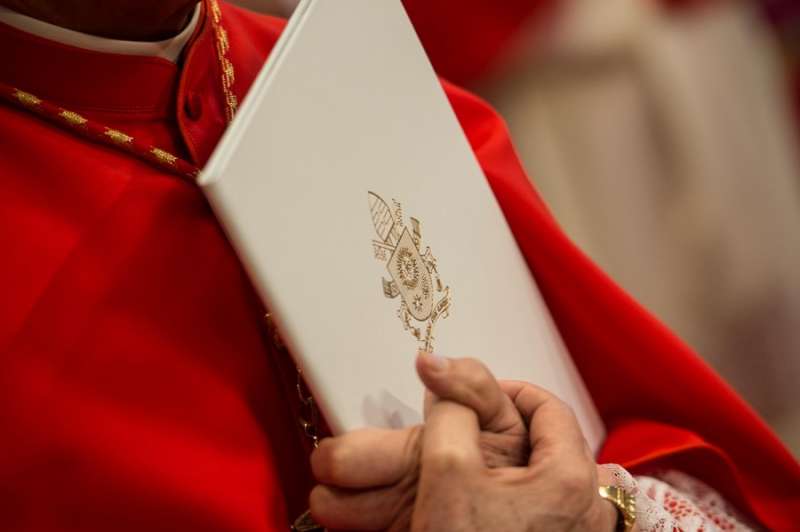Cardinal Paolo Sardi, who served under five popes, died Saturday at Gemelli Hospital in Rome after a short illness.
The 84-year-old Piemontese cardinal had been retired from his work in the Secretariat of State, where he coordinated the office which edits papal speeches and texts.
He most recently had served as pro-patron and then patron of the Sovereign Military Order of the Knights of Malta, a position he held from June 2009 to November 2014.
In a letter of condolence to members of Sardi's family July 14, Pope Francis praised the cardinal's "priestly spirit, his theological preparation, his gifts of intelligence and wisdom... through which he has given a valuable contribution to the magisteriums of St. Paul VI, John Paul I, St. John Paul II, and Benedict XVI."
Thanking God for Sardi's witness in his service to the Holy See, Francis said he joins his prayers to those of the many Catholics who would join the cardinal at his daily Mass in St. Peter's Basilica, often said at the altar of St. Pope John XXIII.
"Faithful to his episcopal motto, 'Esto Vigilans,' he has been good and vigilant, therefore we hope that, accompanied by the Virgin Mary, the saints Peter and Paul, and the Holy Bishop Guido of Acqui, he will be welcomed into the eternal reward of heaven," the pope prayed.
In 2012, Sardi was accused alongside two others, in an article in the Italian newspaper La Repubblica, of being complicit in the leaking of sensitive papal information to the media, in the event now referred to as "Vatileaks."
At the time of the article's publication, the Vatican denied the claims, releasing a statement from the Secretariat of State expressing "firm and total disapproval of those publications, which are not based on objective criteria and seriously damage the honor of the people concerned, who have served the Holy Father faithfully for many years."
Then-papal spokesperson Fr. Federico Lombardi confirmed Sardi and the others were called to testify before a commission, but emphasized that it in no way indicated suspicion of "shared responsibility or 'complicity.'"
Sardi, who was born in the northern Italian town of Ricaldone in 1934, used to say that above all, his parents, who raised him to have a deep faith, taught him "humility and honesty." He also had the example of several priests in his extended family.
Sardi studied at a local seminary and in Rome at the Pontifical Gregorian University, where he received a license in theology. He was ordained a priest in 1958.
Sardi returned to Rome to study canon law, finishing a degree in 1963. He then taught moral theology at a seminary in the diocese of Acqui while serving at various parishes.
He later attended the Catholic University of the Sacred Heart in Milan for a degree in jurisprudence, continuing to teach moral theology at a seminary in Turin.
During this time he wrote a book on the history of the Church's teaching on abortion.
In 1976, Sardi was asked to come to the Vatican to work in the Secretariat of State in the section for general affairs. He was made head of an office in 1990 and in 1992 became vice assessor, coordinating the office which collaborates in the editing of the pope's speeches and texts.
He was ordained a bishop by St. Pope John Paul II in 1997, who said in his homily: "I pray for you, Mons. Sardi, that, named apostolic nuncio with special assignments, you will continue to yet work beside me in the Secretariat of State. I congratulate you for the service performed until now, I wish you to continue in the same way, with the same zeal."
From October 2004 to January 2011 Sardi served as Vice-Camerlengo of the Holy Roman Church.
He was made a cardinal by Benedict XVI in a November 2010 consistory.

